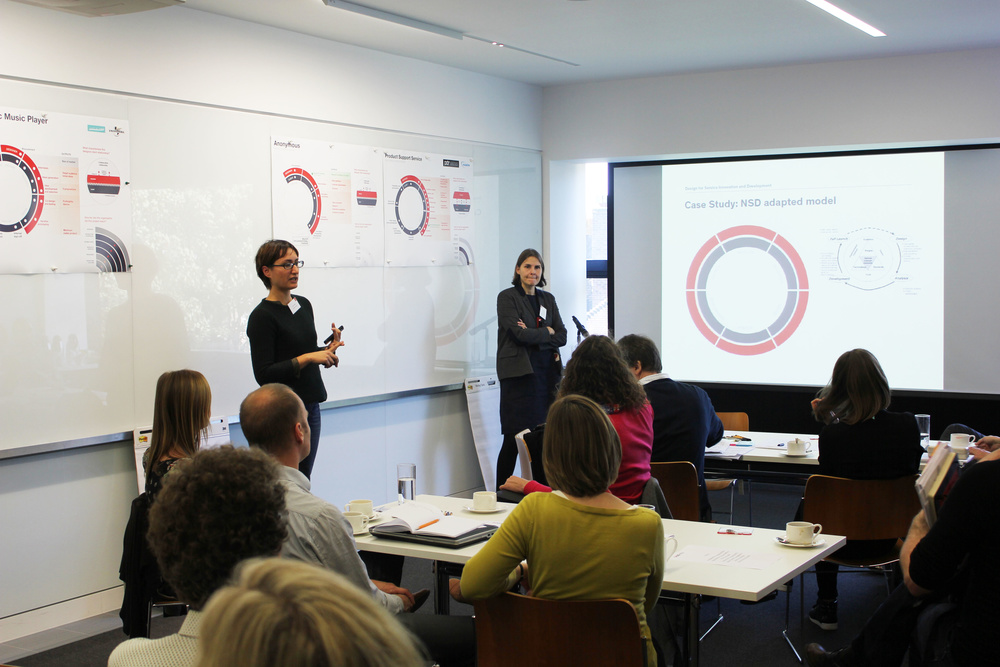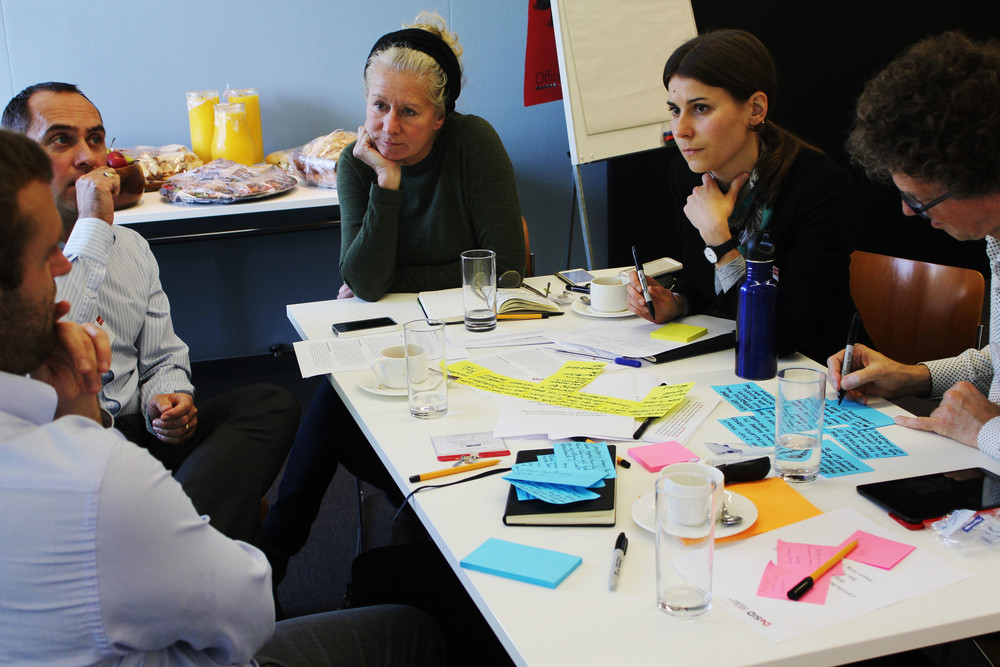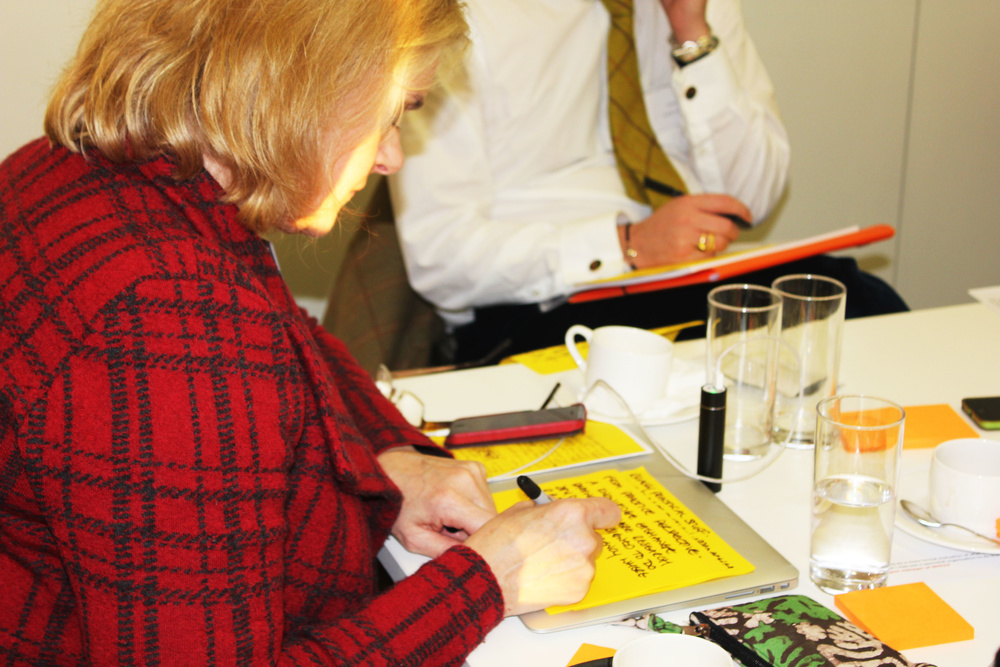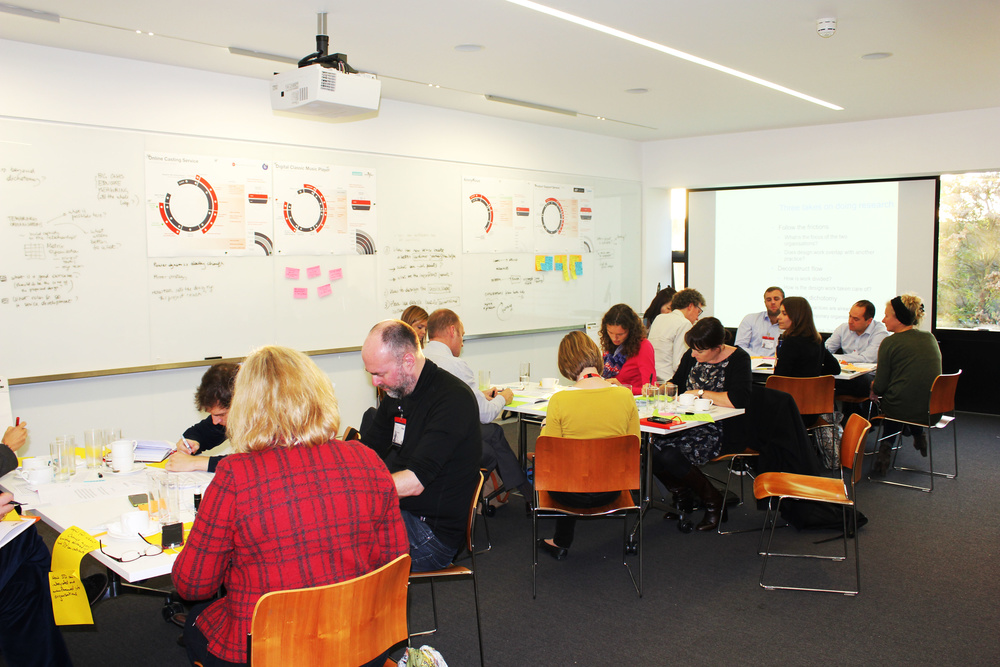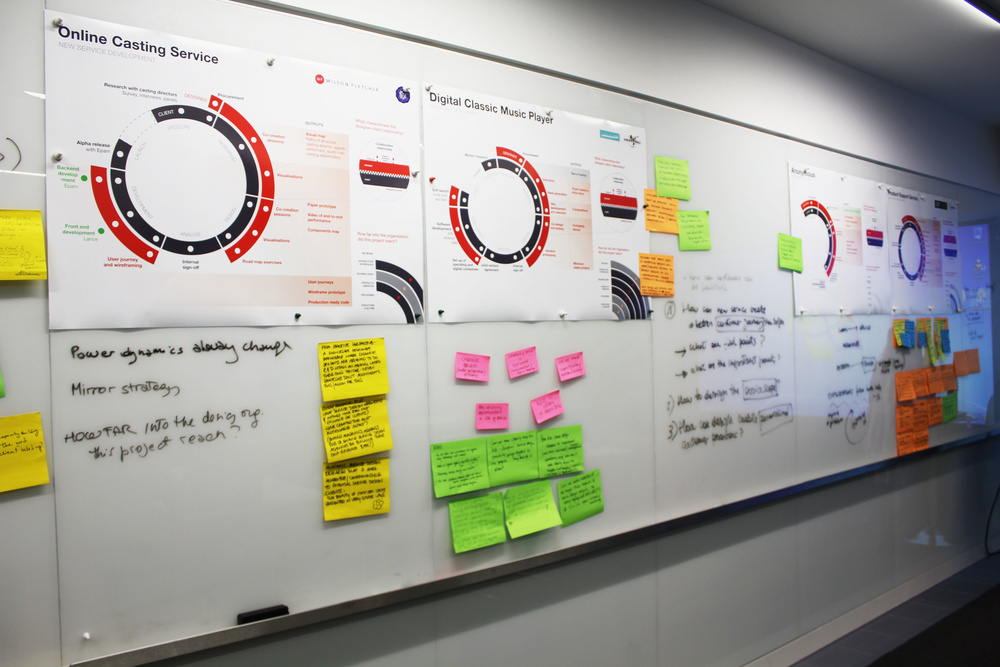The DeSID workshop was held on the 27th October at the Design Council in London. The aim of the workshop was to discuss the role of Design for Service Innovation and Development, reflecting on the data gathered from six case studies and an international survey conducted for the last six months.
The DeSID workshop was held on the 27th October at the Design Council in London. The aim of the workshop was to discuss the role of Design for Service Innovation and Development, reflecting on the data gathered from six case studies and an international survey conducted for the last six months. The participants involved five service design practitioners in the UK (both from agencies and end-clients), six international academics, and four collaborators from the Service Design Network and the Design Council.
The workshop began with a brief introduction to the DeSID project and a summary of six case studies conducted during the project. Participants formed three groups, representing three different contexts of service design practices: public, digital, and private sectors. Each group worked together exploring the data from the case studies, presented in graphical process diagrams and direct quotes from the interviews. A range of issues came out from group conversation, focusing on Service Design’s role at various stages of the process and within the different contexts of the projects.
At different stages of the workshop, three presentations were delivered by academics to provoke discussions amongst participants. These helped participants understand service design practices from the different perspectives of Service Innovation (Prof. Grinevich, Southampton Management School), New Service Development (Prof. Edvardsson, Karlstad University), and Service Design (Prf. Holmlid, Linkoping University). In addition, insights from the results of the survey were presented, indicating considerable sector variances existing within current service design practices.
Reflecting on discussions and presentations throughout the day, potential issues for future service design research were explored. Each participant generated ideas about further research areas in Service Design.

